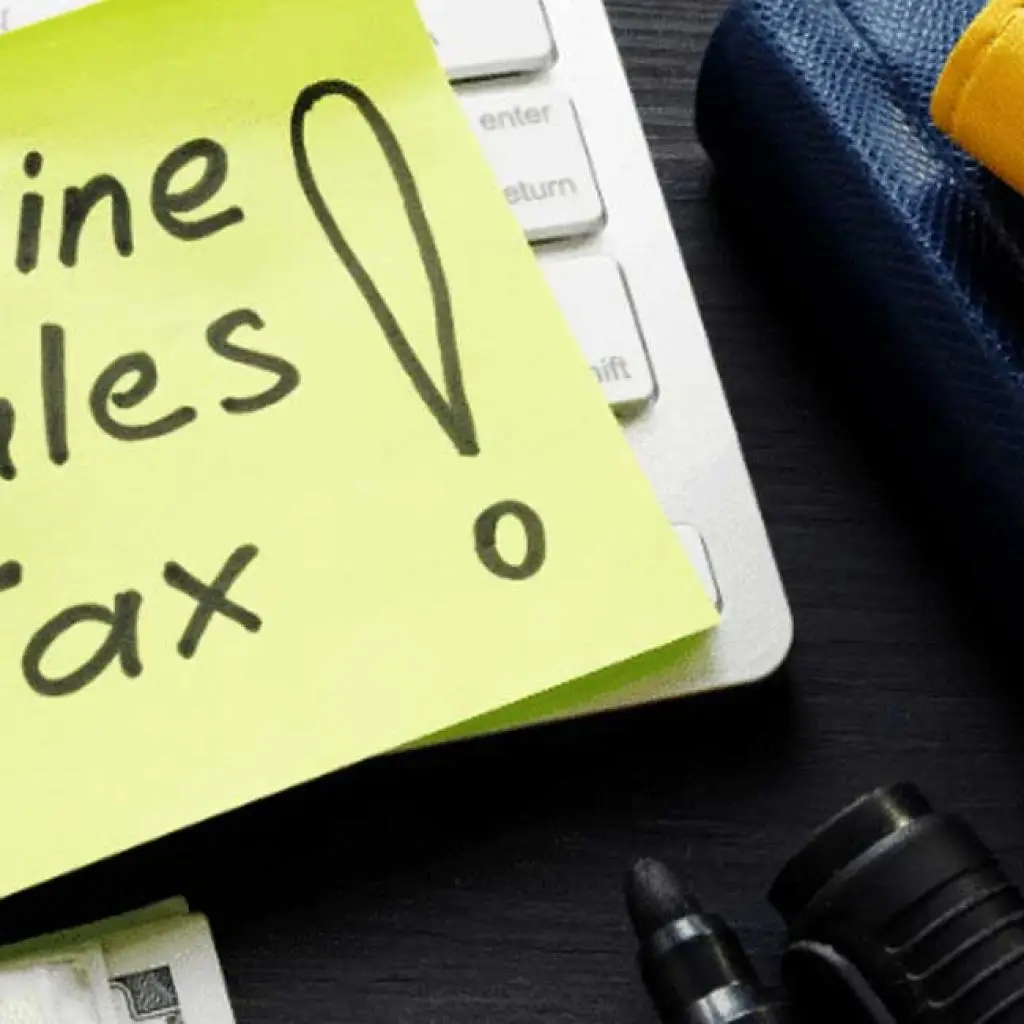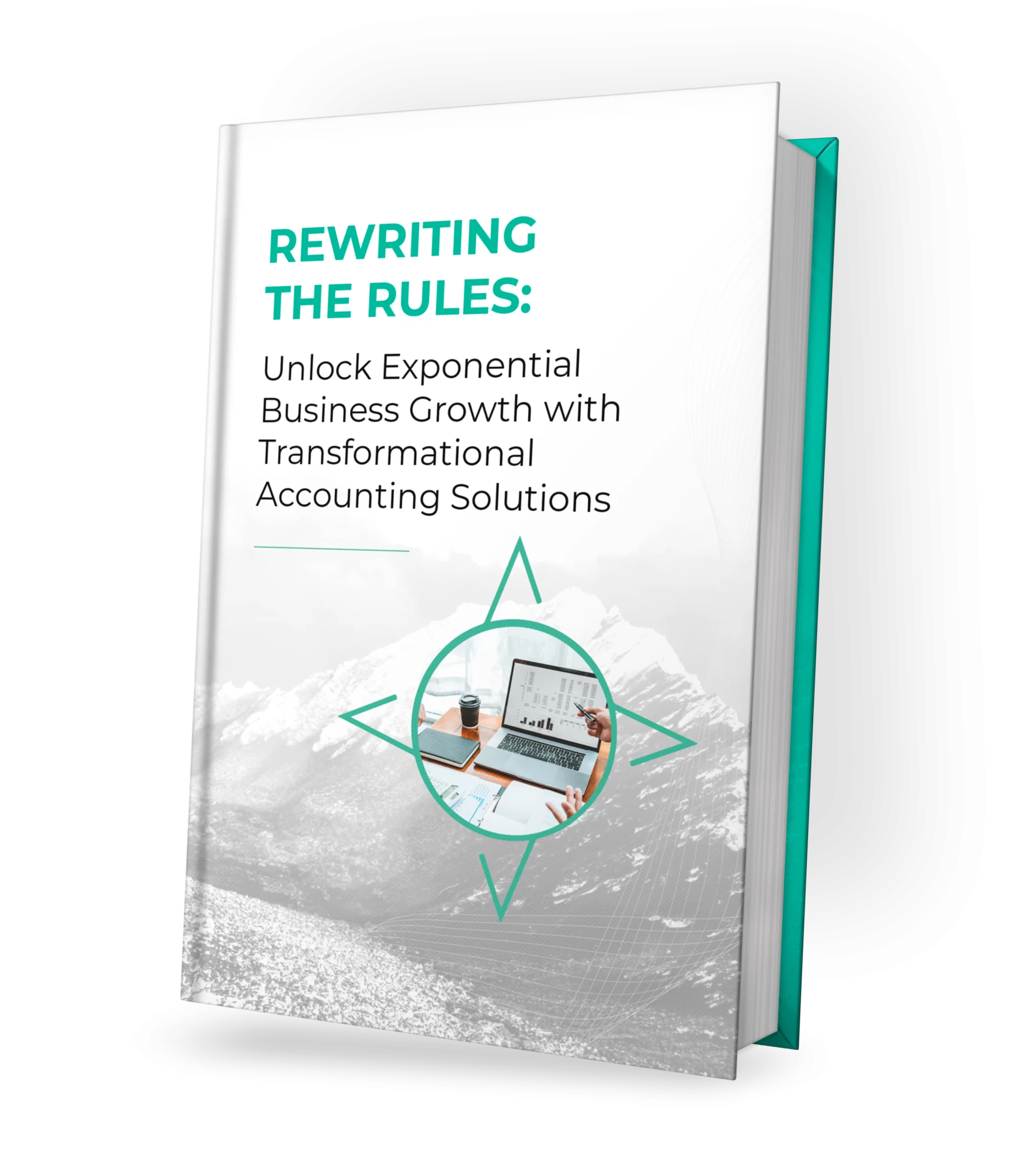There are significant changes to Florida’s tax laws on the horizon. Out-of-state sellers and marketplaces must start collecting Florida sales tax on July 1, 2021. Senate Bill 50 primarily impacts businesses generating more than $100,000 in Florida sales during the previous calendar year.
Florida was late to the economic nexus game and has now joined almost all other states in collecting sales tax from out-of-state sellers. The bill also reduces the tax rate on commercial real property rentals from 5.5% to 2%, if the Unemployment Compensation Trust Fund reaches a specified amount.
Keep reading to learn more about the new law.
New Changes to the Law
Governor Ron DeSantis signed a new law under Senate Bill 50 (SB 50) on April 19, 2021, that effectively translates into a broad tax package. It provides both short- and long-term tax relief to Florida corporations and business owners.
The central provision requires out-of-state businesses to collect and remit sales taxes to Florida’s Department of Revenue. It’s based on the Wayfair Ruling that allows states to collect taxes from out-of-state sellers who do not have a physical presence in the state.
Proponents estimate that the new tax will generate up to $1 billion in tax revenue annually. The idea is to create equality for brick-and-mortar businesses who have always collected sales tax with their online out-of-state competition who did not need to collect sales tax, effectively allowing them an unfair price advantage.
How Will the State Use the New Revenues?
The revenues generated from SB 50 will be used to replenish Florida’s Unemployment Compensation Trust Fund. Eventually revenues will also be utilized to reduce the sale tax rate on commercial leases.
When Does Florida SB 50 Go Into Effect?
Florida SB 50 goes into effect on July 1, 2021.
How Does SB 50 Change Online Sales Tax?
Before SB 50 goes into effect, Florida classified online sales as mail order transactions and only required collection of sales tax for those with a physical presence in the state – Physical Nexus. Now, new provisions expand the collection and remittance of sales tax for those with sales into the state of more than $100,000 per year – Economic Nexus.
Key Definitions
Here are a few critical definitions to understand:
- Marketplace provider. One who facilitates a retail sale by a marketplace seller. Excluded company types are travel agencies, delivery services, and payment processors.
- Remote sales. Tangible Personal Property sales conducted by internet, mail, or phone by an out-of-state company for the purposes of delivery to a location in the State of Florida.
What Triggers Online Sales Tax?
Specific triggers require online businesses to pay Florida sales tax. These triggers include:
- Trigger 1. Remote sales delivered to customers in the State of Florida
- Trigger 2. Sales to Florida customers exceeded $100,000 during the previous year
- Trigger 3. The business sells a tangible personal property
How Does My Business Stay Compliant?
Your business can stay compliant with SB 50 by registering with the Department of Revenue if necessary. You will also have to:
- Requirement 1. Collect taxes from customers
- Requirement 2. Pay collected taxes to the state
- Requirement 3. File proper sales and use tax returns
- Requirement 4. Pay county-approved surtaxes
How Does SB 50 Affect Reemployment Assistance Tax?
The proceeds from reemployment assistance tax are deposited into the Unemployment Compensation Trust Fund, which offers benefits to Floridians when they are unable to work. Currently, reemployment tax rates are calculated by the Department of Revenue annually.
It bases its decision on three (3) factors:
- Factor 1. Unemployment Compensation Trust Fund factor
- Factor 2. Excess and non-charges payment factor
- Factor 3. Company unemployment experience factor
The tax rate for reemployment assistance is set up to increase when additional benefits are paid out. It decreases when there are fewer paid claims. SB 50 will help offset the losses caused by the COVID-19 pandemic while helping the state better prepare for future events.
As a comparison, consider that the fund had $4 billion at the start of 2020. It is currently just under $600 million.
How Does SB 50 Affect Commercial Business Rent Tax?
Florida is the only US state that taxes commercial rent and has been doing so since 1969. The current sales tax rate is 5.5 percent of the gross rent paid on a commercial space. There may be additional local and county surtaxes that apply.
Examples of commercial real property include:
- Land
- Buildings
- Office or Retail Space
- Convention or Meeting Rooms
- Airport Tie-Downs
- Parking and Docking Spaces
Once the Unemployment Compensation Trust Fund balance reaches pre-pandemic levels, the new funds from the SB 50 out-of-state seller sales tax will offset commercial rent tax rates significantly. Today the rate is 5.5% and it will be reduced to 2% percent. A nearly 64 percent drop in the commercial business rent tax rate. Good news for rents and landlords.
Are There Any Challenges to Anticipate?
As with any new law, there is an adjustment period. One way to ease the transition is to understand potential challenges while having viable contingency plans if unexpected events arise in the future. Luckily many states have already implemented economic nexus laws and smart businesses have systems to automate the collection and remittance of sales taxes. Florida is one more state to add to your economic nexus review.
The most proactive way to handle and navigate challenges is by working with your professional advisors. It is a reliable strategy that can help you avoid issues and mistakes that can cost you more in the long run.
As with any blog post about a new law please consult your tax advisor. This is a summary and not a substitute for the full text and analysis of SB 50.
For More Information
At AccountFWD, we help entrepreneurs and business owners rise to the occasion and meet their tax obligations. If you have questions, issues, or would like to discuss your situation with a professional, our sales tax advisory services team can help. Send us an online message, schedule a time to talk, or call us at 954-686-8687.

